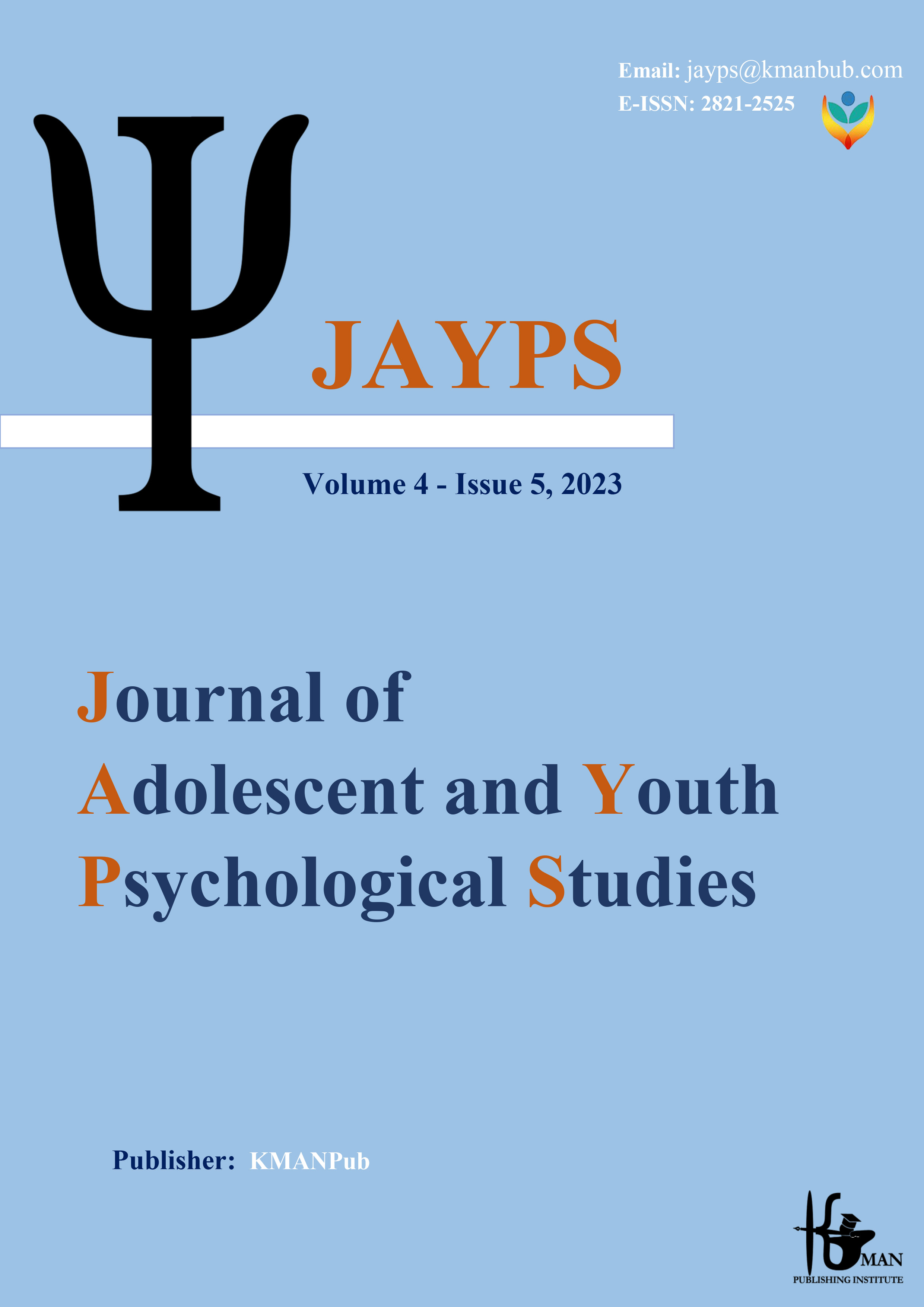Investigating the psychological status of children of divorce in adulthood using a qualitative method
Keywords:
Divorce, psychological status, children of divorce, adulthood.Abstract
Background and Aim: Divorce is one of the most important phenomena of human life, which disturbs not only couples' mental balance, but also children's mental balance. Based on this, it becomes important to study the psychological status of children of divorce in adulthood, with the understanding of this importance, the present study was conducted to investigate the psychological status of children of divorce in adulthood. Methods: This research is a type of qualitative study that uses foundational data theory. The participants included the children of divorce in Tehran, who had been divorced for 10 years, and 18 people were selected as key informants through the purposeful sampling method. Data were collected through semi-structured interviews. The reliability and validity of the data were obtained from the two methods of review by participants and recoding by experts. Data were analyzed by open, central and selective coding. Results: The research findings showed that the psychological status of children of divorce has positive and negative indicators in both childhood and adulthood dimensions. Conclusion: The positive aspect of childhood is companionship and empathy with the guardian parent, support and warmth of the guardian parent, liberation and satisfaction of the guardian parent. Among other positive indicators, we can mention the feeling of satisfaction with life without conflict and conflict, support from others (family and friends). Negative indicators such as loss of family, fear of telling the truth because of people's judgments, children experience a kind of fear and apprehension after the divorce and following the events that happened during the separation process and after; Not having or lack of intimate relationships, being rejected, losing a supporter, having difficulty in arranging the daily affairs of life, creating contexts according to personal values and needs.
Downloads
Downloads
Published
Submitted
Revised
Accepted
Issue
Section
License

This work is licensed under a Creative Commons Attribution-NonCommercial 4.0 International License.









